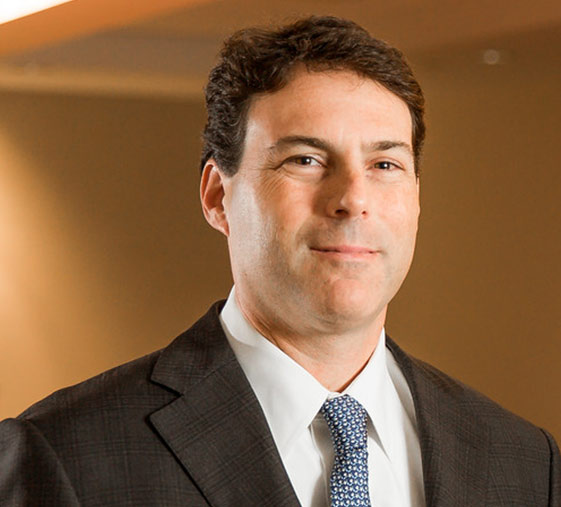Public Contracting: When Can I Be Heard?
Bidders may have an opportunity to be heard during evaluation committee meetings or in conjunction with other proceedings during a competitive solicitation process. Members of the public also have the right to a reasonable opportunity to be heard in accordance with a recently enacted Florida Statute, Section 286.0114. Section 286.0114 went into effect on October 1, 2013, and provides that members of the public have a right to be heard on a proposition before a Florida “board or commission” takes official action. The opportunity to be heard does not need to occur at the same meeting that the official action takes place, so long as it occurs during the decision making process and is within reasonable proximity in time before the official action is taken. The board or commission may, however, adopt rules or policies, including limitations on the amount of time that an individual may speak and the number of...


